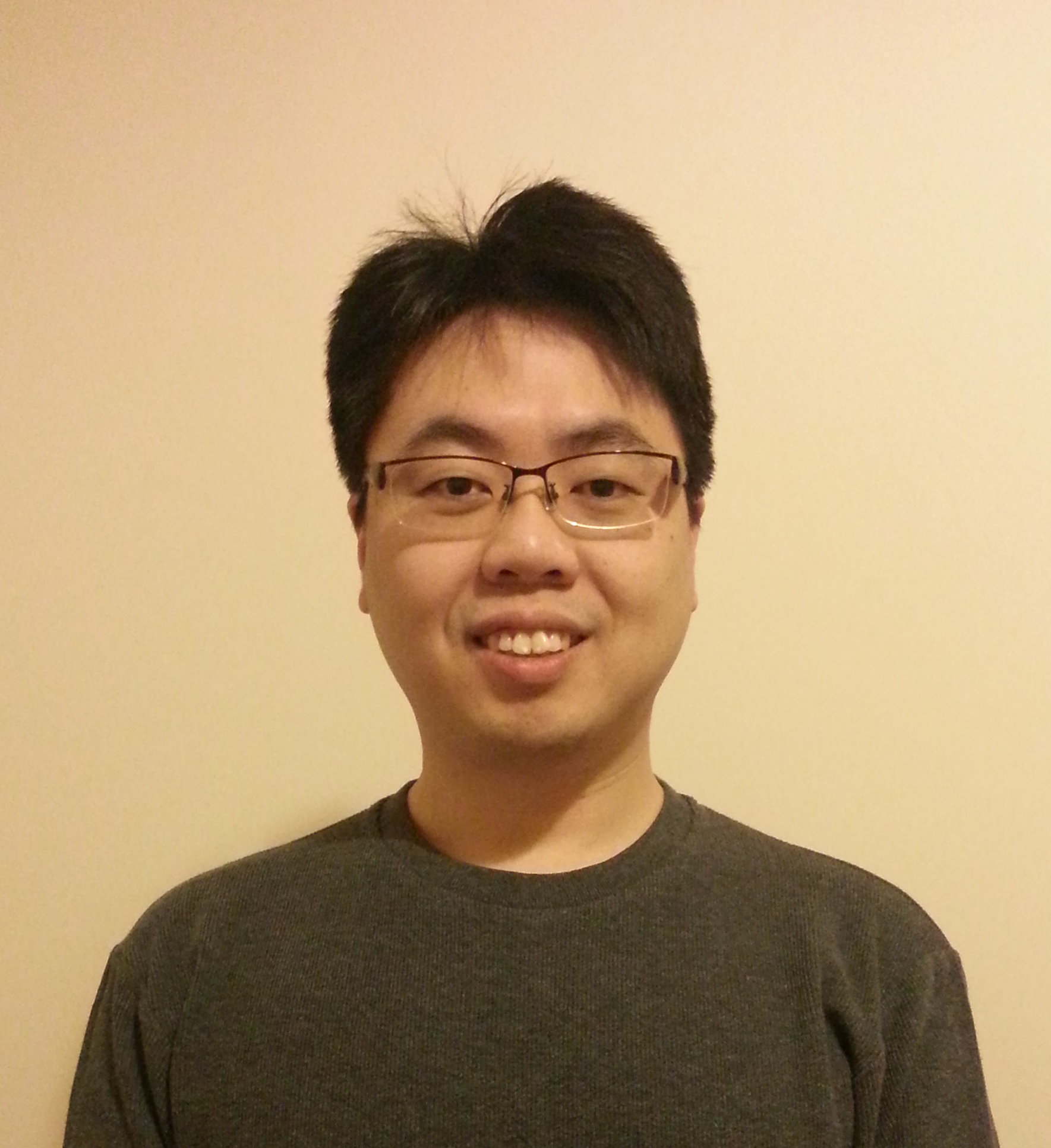
Dr.Jungnam Cho Doctoral Tutor
CAS Center for Excellence in Molecular Plant Sciences
Institute of Plant Physiology and Ecology
E-mail: jungnamcho@sippe.ac.cn
Address: Room 409, Building 2, NO.300 Fenglin Rd. ,Xuhui district, Shanghai
Zip code: 200032
Research Areas
Transposable elements (TEs or transposons) are often regarded as useless or harmful genomic factors, however, they have played critical roles in genome evolution and diversification of gene function and activities. Particularly in plants, transposons have been leveraged as a main source of (epi)genomic variation and many important agronomic traits are attributed to their mobilization. Research in our group aims to understand the regulatory mechanisms of transposon activation and transposition. To this end, we are using arabidopsis and rice as models to identify and characterize the host factors controlling transposons mobility by applying multidisciplinary approaches of (epi)genetics, biochemistry and bioinformatics.
Education
2007.09-2013.02 Ph.D. Seoul National University, Seoul, Korea
2001.03-2007.08 B.Sc. Seoul National University, Seoul, Korea
Experience
Work Experience
2018.09-present PI CAS-JIC CEPAMS, Institute of Plant Physiology and Ecology, Chinese Academy of Sciences, Shanghai, China
2013.10-2018.08 Postdoc Sainsbury Laboratory, University of Cambridge, Cambridge, UK
2013.03-2013.09 Postdoc Seoul National University, Seoul, Korea
Publications
Papers
1. Sensitive detection of pre-integration intermediates of long terminal repeat retrotransposons in crop plants. Nature Plants 5:26-33 (2018). Jungnam Cho#*, Matthias Benoit, Marco Catoni, Hajk-Georg Drost, Anna Brestovitsky, Matthijs Oosterbeek, Jerzy Paszkowski*. doi: 10.1038/s41477-018-0320-9.
2. Transposon-derived non-coding RNAs and their function in plants. Frontiers in Plant Science 9(600) : 1-6 (2018). Jungnam Cho#*.
3. Regulation of rice root development by a retrotransposon acting as a microRNA sponge. Elife 6(e30038) : 1-21 (2017). Jungnam Cho#* and Jerzy Paszkowski*.
- This paper was highlighed in Nature Plants, Plantae and Elife digest
4. Negative regulatory roles of DE-ETIOLATED1 in flowering time in Arabidopsis. Scientific Reports 5 (9728) : 1-8 (2015). Min-Young Kang#, Soo-Cheul Yoo#, Hye-Young Kwon, Byoung-Doo Lee, Jung-Nam Cho, Yoo-Sun Noh, Nam-Cheon Paek*.
5. Control of seed germination by light-induced histone arginine demethylation activity. Developmental Cell 22(4) : 736-748 (2012). Jung-Nam Cho#, Jee-Youn Ryu, Young-Min Jeong, Jihye Park, Ji-Joon Song, Richard M. Amasino, Bosl Noh*, Yoo-Sun Noh*.
- This paper was highlighted in Developmental Cell
6. The RNA-binding protein ELF9 directly reduces SUPPRESSOR OF OVEREXPRESSION OF CO transcript levels in Arabidopsis, possibly via nonsense-mediated mRNA decay. The Plant Cell 21(4) : 1195-1211 (2009). Hae-Ryong Song#, Ju-Dong Song, Jung-Nam Cho, Richard M. Amasino, Bosl Noh*, Yoo-Sun Noh*.
Students
现指导学生
范文文 硕士研究生 071007-遗传学
